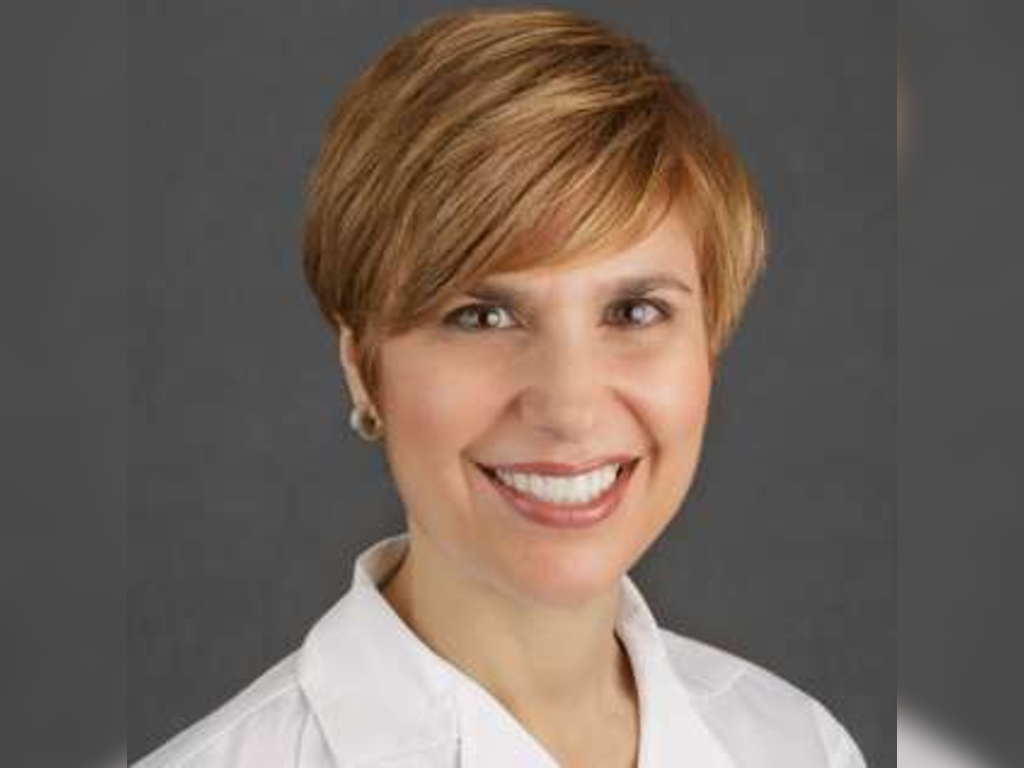The sister of Dr. Lorna Breen, who died by suicide on Sunday after treating coronavirus patients, is speaking out about the end of her sibling’s life.

Jennifer and Corey Feist, Breen’s sister and brother-in-law, spoke about their loss in an exclusive interview with Today on Thursday, saying that Breen was deeply disturbed by what she saw at New York-Presbyterian Allen Hospital.
Breen spent 11 days battling COVID-19 herself before returning to work at her New York hospital.
“She had 12-hour shifts,” Jennifer Feist said. “When she finished, she said, ‘I can’t leave. Nobody’s leaving. I have to stay and help.'”
“She said it was like Armageddon,” Feist said. “She said, ‘There are so many sick people everywhere.’
“She said, ‘People are just dying in the waiting room before they even get in. There aren’t enough hookups for the oxygen to help them. They’re not getting admitted fast enough. We can’t keep up.'”
When asked if Feist believed she died because of the virus’ effects or what she saw in the hospital, Feist said: “I know it in my heart that it was both.”
“I believe that it altered her brain. Then she went back to the most horrific, unimaginable conditions,” Feist said.

“And for somebody whose life’s calling is helping people, and she just couldn’t help enough people. And the combination was just untenable.”
Breen was the medical director of the emergency department at the Manhattan hospital. She died at Feist’s home in Virginia, Charlottesville Police Department spokesperson Tyler Hawn told NBC News.

Get breaking National news
Before her death, Feist encouraged her sister to take care of herself better.
“I kept telling my sister, ‘If you can’t function, you can’t help anybody. You have to sleep. You have to rest.’ And she just didn’t want to give up,” she told Today.
For those on the health-care front lines, Feist says, there’s a lot of stigma around personal suffering.
“I know my sister felt like she couldn’t sit down. She couldn’t stop working, and she certainly couldn’t tell anybody she was struggling,” she said.
“That needs to be a conversation that changes. People need to be able to say they’re suffering and to take a break.”
Breen’s father, Dr. Philip Breen, also spoke openly about his daughter’s death to the New York Times, saying: “She tried to do her job, and it killed her.”

“She was truly in the trenches of the front line. Make sure she’s praised as a hero, because she was,” Philip said.
“She’s a casualty just as much as anyone else who has died.”
The Feists have set up the Dr. Lorna Breen Heroes’ Fund in her honour, which aims to provide mental health support to health-care workers.
—
If you or someone you know is in crisis and needs help, resources are available. In case of an emergency, please call 911 for immediate help.
- Renee Nicole Good: What we know about the woman killed in Minneapolis ICE shooting
- Federal immigration officers shoot and wound 2 people in Portland, Oregon, authorities say
- Congresswoman plans to impeach ‘incompetent’ DHS Secretary Kristi Noem
- In Iran, no internet and surging protests urged on by an exiled prince
The Canadian Association for Suicide Prevention, Depression Hurts, Kids Help Phone 1-800-668-6868, and the Trans Lifeline 1-877-330-6366 all offer ways of getting help if you, or someone you know, may be suffering from mental health issues.
—
Questions about COVID-19? Here are some things you need to know:
Health officials caution against all international travel. Returning travellers are legally obligated to self-isolate for 14 days, beginning March 26, in case they develop symptoms and to prevent spreading the virus to others. Some provinces and territories have also implemented additional recommendations or enforcement measures to ensure those returning to the area self-isolate.
Symptoms can include fever, cough and difficulty breathing — very similar to a cold or flu. Some people can develop a more severe illness. People most at risk of this include older adults and people with severe chronic medical conditions like heart, lung or kidney disease. If you develop symptoms, contact public health authorities.
To prevent the virus from spreading, experts recommend frequent handwashing and coughing into your sleeve. They also recommend minimizing contact with others, staying home as much as possible and maintaining a distance of two metres from other people if you go out.
For full COVID-19 coverage from Global News, click here.
—









Comments